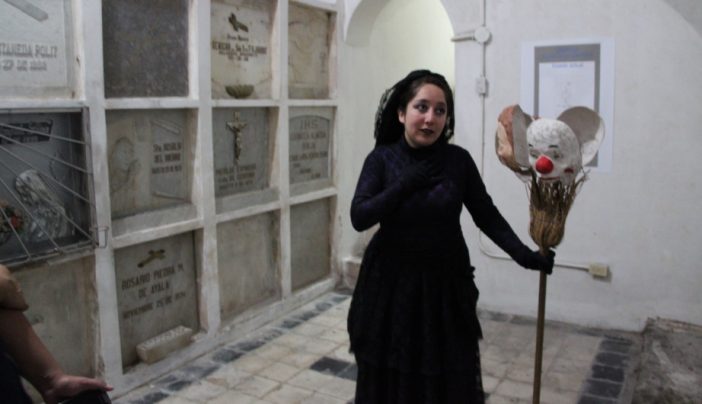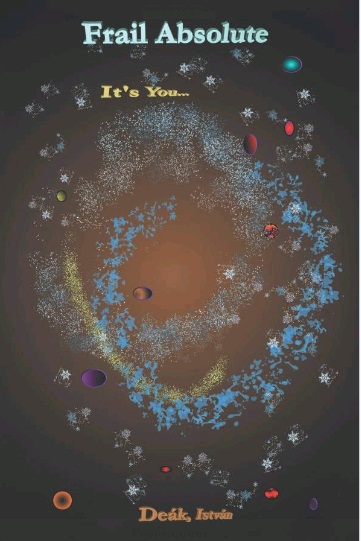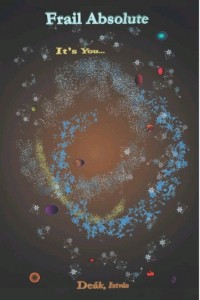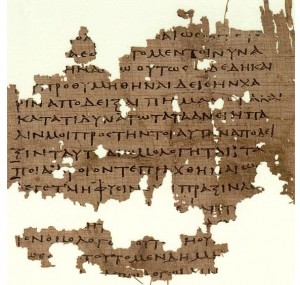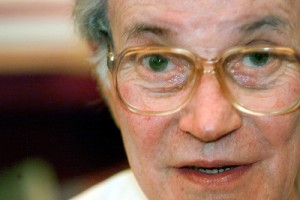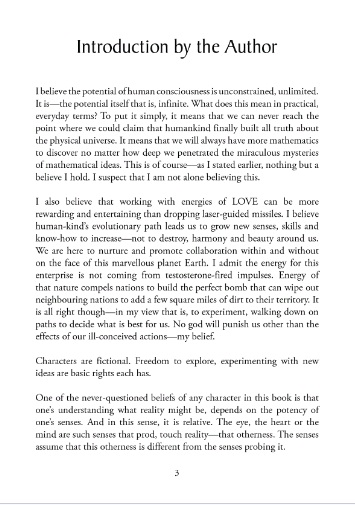The capital, also known as the Middle of the World, not only has the largest and best preserved historic center in America, but it also has one of the richest cultures in the continent and Day of the Dead or Dia de los Difuntos is no exception.
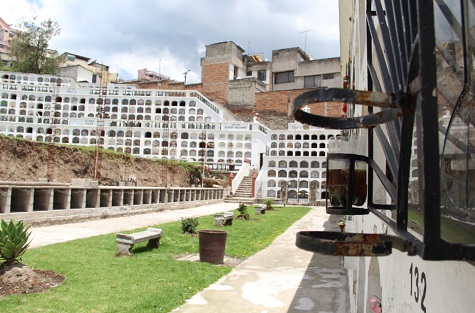 Every November 2, cemeteries are decorated with flowers, freshly painted crosses, pictures and cards to celebrate the Day of the Dead in Quito.
Every November 2, cemeteries are decorated with flowers, freshly painted crosses, pictures and cards to celebrate the Day of the Dead in Quito.
Early in the morning, thousands of Ecuadorians remember their family members and friends who’ve passed away with prayers, vigils and songs. This popular holiday merges hundreds of years of traditions in a fusion of Catholic and indigenous rites, where faith and religion come to life in an act of profound significance.
The oldest towns in Ecuador have been celebrating the dead since before the arrival of the Spaniards, but with Christianity, the tradition was adapted to the Catholic calendar. Today, the streets near the cemeteries fill with locals selling flowers and prayer cards and food trucks providing typical cuisine such as colada morada and guaguas de pan, which represent the religious syncretism and culinary fusion of the holiday. At the Calderon Cemetery, about 30 minutes from Quito, indigenous communities visit the graves of their loved ones and share the favorite food of the person who passed away as a way to honor them and communicate with them, with the belief that the deceased live a similar life than the one they lived while alive.
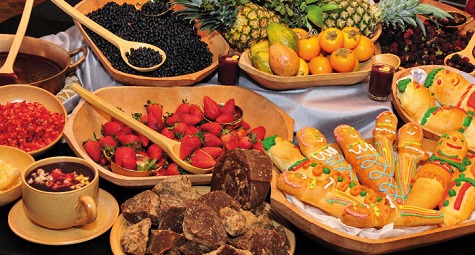 The preparation of these dishes also serve as a reason for the entire family to get together. Colada morada, one of the typical beverages for the Day of the Dead, is a drink of indigenous origin and one of the most traditional delicacies of Quito’s cuisine. Prepared with a base of black corn, blueberries, blackberries, pineapple, orange and other fruits and herbs, colada morada is accompanied by the traditional guagua de pan, sweet breads shaped into baby-like figures made with wheat flour and, in some places, with cornmeal from grains from the Ecuadorian Andes.
The preparation of these dishes also serve as a reason for the entire family to get together. Colada morada, one of the typical beverages for the Day of the Dead, is a drink of indigenous origin and one of the most traditional delicacies of Quito’s cuisine. Prepared with a base of black corn, blueberries, blackberries, pineapple, orange and other fruits and herbs, colada morada is accompanied by the traditional guagua de pan, sweet breads shaped into baby-like figures made with wheat flour and, in some places, with cornmeal from grains from the Ecuadorian Andes.
The guaguas de pan are reminiscent of the dead, especially children (hence the name guagua, which means child in Quechua). Its origin dates back to the nineteenth century and today are normally filled with guava, figs, chocolate, raisins and custard or tree tomato. For the Silo, Luciana Soula.
